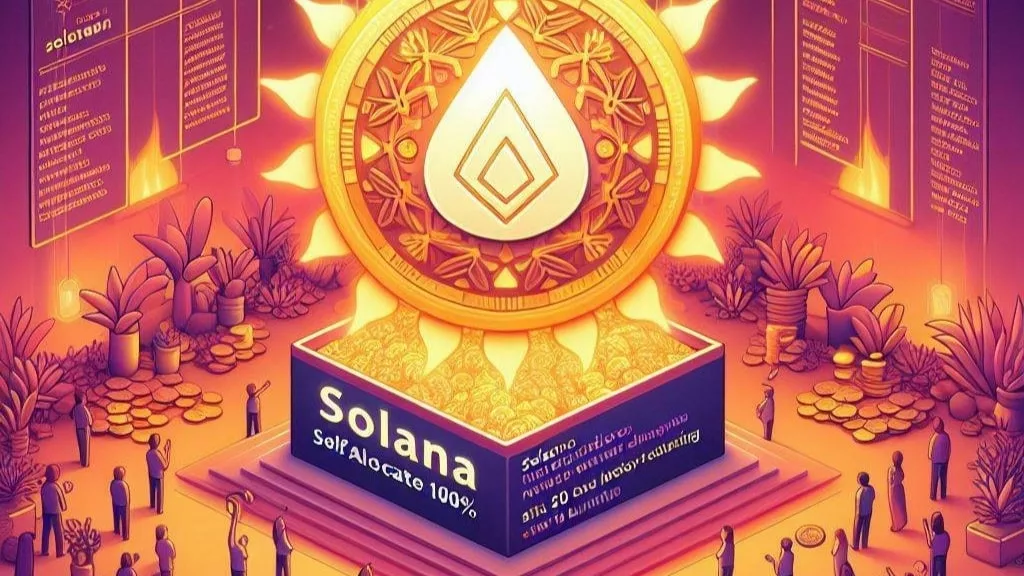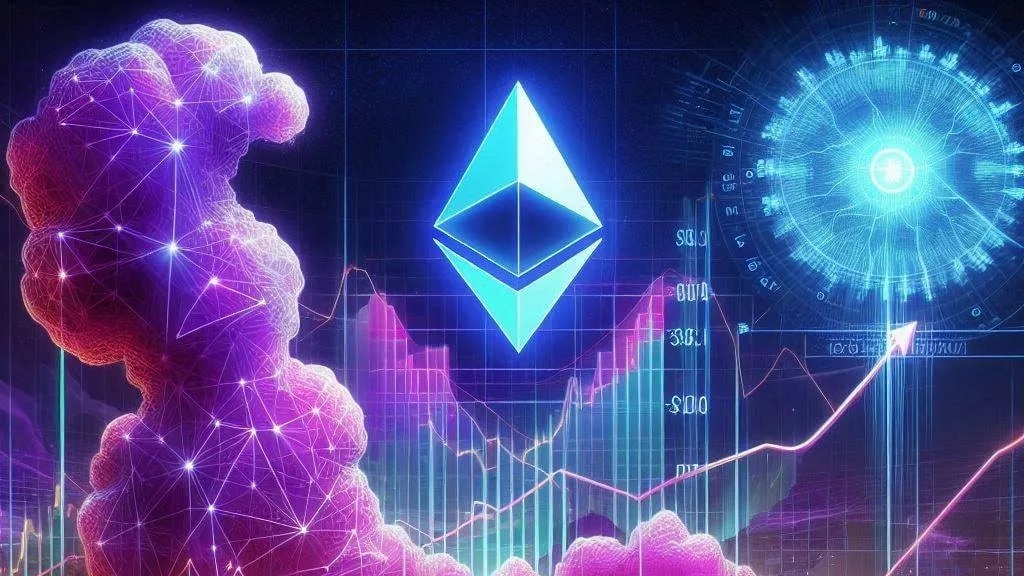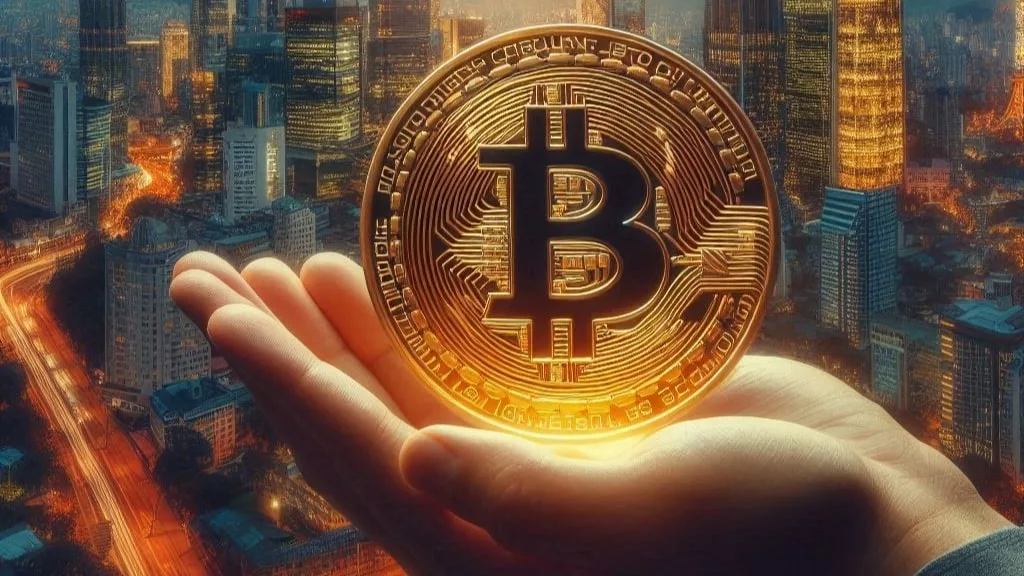
Solana, one of the most popular blockchain platforms known for its high speed and low costs, is facing significant changes that could impact its future operations and economic model. Recently, Solana validators voted on an important proposal, SIMD-0096, which aimed to change the distribution of priority fees. This proposal was approved with a 77% majority, ending the previous system that split fees between burning and validator rewards. The decision has sparked a debate within the community about the potential long-term effects on the Solana network and the value of its native token, SOL.
The SIMD-0096 proposal was introduced to address specific issues within Solana’s validator system. Previously, priority fees—paid by users to ensure their transactions are processed quickly—were split 50/50 between burning (which reduces the total supply of SOL and potentially increases its value) and rewarding validators. The new proposal reallocates these fees entirely to validators, meaning that no portion will be burned.
Supporters of the proposal argue that this change is necessary to eliminate the possibility of side deals between block producers and transaction submitters, which could compromise network security. By directing all priority fees to validators, the network aims to enhance its security and operational efficiency.
Although the proposal has been approved, its implementation will take several months. Solana’s mainnet does not yet support this change, allowing time for further discussions and the development of related proposals, such as SIMD-0123 and SIMD-0109. SIMD-0123 aims to streamline block reward distribution, while SIMD-0109 proposes a native tipping mechanism. These proposals are expected to complement the changes introduced by SIMD-0096.
In response to these concerns, Solana co-founder Anatoly Yakovenko described the priority fee burn as a “bug” that needed fixing. He explained that under the current system, users have to pay twice the priority fee to outbid tips, which are not burned but are instead transferred entirely to validators. This creates inefficiencies and unnecessary costs for users. By shifting to a model where validators receive all the priority fees, Yakovenko believes the network will function more smoothly and securely.
The decision to allocate 100% of priority fees to validators is more than just a technical adjustment; it represents a significant shift in Solana’s operational model. Proponents of the change argue that it will lead to a more secure and efficient blockchain by removing incentives for side deals and manipulation. However, the concerns raised by critics highlight the potential risks of increased inflation and long-term price suppression of SOL.
The decision-making process within Solana and the debates surrounding SIMD-0096 offer valuable insights into blockchain governance. The approval of the proposal illustrates how decentralized networks handle complex decisions that impact their future. It also underscores the importance of balancing immediate operational improvements with long-term economic considerations.
As Solana moves forward with the implementation of SIMD-0096 and potentially integrates related proposals like SIMD-0123 and SIMD-0109, the community will be closely watching the impacts on network performance, security, and SOL’s market dynamics. The ongoing dialogue between supporters and critics will likely continue, shaping the future direction of one of the most innovative blockchain platforms.
The recent vote by Solana validators to retain full control of priority fees marks a pivotal moment for the network. While the proposal promises enhanced security and operational efficiency, it also raises valid concerns about the long-term economic effects on SOL. As the implementation process unfolds, the Solana community’s engagement and feedback will be crucial in navigating these changes and ensuring the network’s continued success.




Get the latest Crypto & Blockchain News in your inbox.